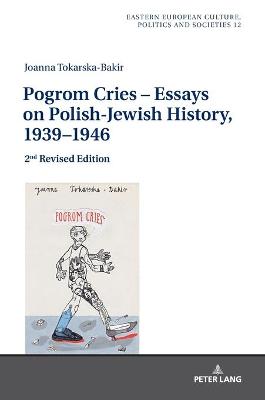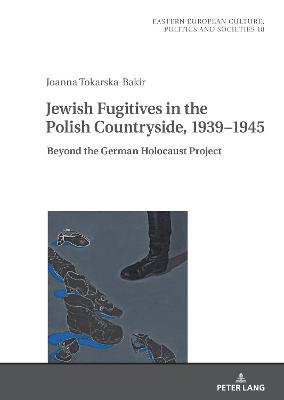Eastern European Culture, Politics and Societies
2 primary works
Book 12
Pogrom Cries - Essays on Polish-Jewish History, 1939-1946
by Joanna Tokarska-Bakir
This book focuses on the fate of Polish Jews and Polish-Jewish relations during the Holocaust and its aftermath, in the ill-recognized era of Eastern-European pogroms after the WW2. It is based on the author's own ethnographic research in those areas of Poland where the Holocaust machinery operated. The results comprise the anthropological interviews with the members of the generation of Holocaust witnesses and the results of her own extensive archive research in the Polish Institute for National Remembrance (IPN).
"[This book] is at times shocking; however, it grips the reader's attention from the first to the last page. It is a remarkable work, set to become a classic among the publications in this field."
Jerzy Jedlicki, Professor Emeritus at the Institute of History of the Polish Academy of Sciences
Book 18
Jewish Fugitives in the Polish Countryside, 1939-1945
by Joanna Tokarska-Bakir
Focused on the struggle to survive by the Jewish Poles stranded in the Polish countryside during the Holocaust, case studies collected in this volume are based on research carried out at Poland's Institute of National Remembrance. Where possible, they are also complemented by Jewish survivors' testimonies dispersed throughout the world. There are at least two leitmotifs recurring throughout all texts: What are the social correlates of the anti-Jewish violence undertaken by Polish neighbours without German initiative and even knowledge? Are there certain types of social relationships more subject or prone to this kind of violence? What was the role of peasantry, social elites, and Catholic church in inciting and perpetrating it? Was this violence influenced by the Holocaust, or was it a separate form of genocidal violence?

